Permanent magnets are ubiquitous in modern technology, from the motors that power electric vehicles to the hard drives in our computers. They offer numerous benefits, including energy efficiency and durability. In this article, we will discuss what permanent magnets are, the creation of permanent magnets, considerations regarding permanent magnets, benefits of permanent magnets, as well as their applications. Read More…
Founded in 1895, Arnold Magnetic Technologies is a leading global manufacturer of high performance permanent magnets, electromagnetics, magnetic assemblies, and precision thin metals.
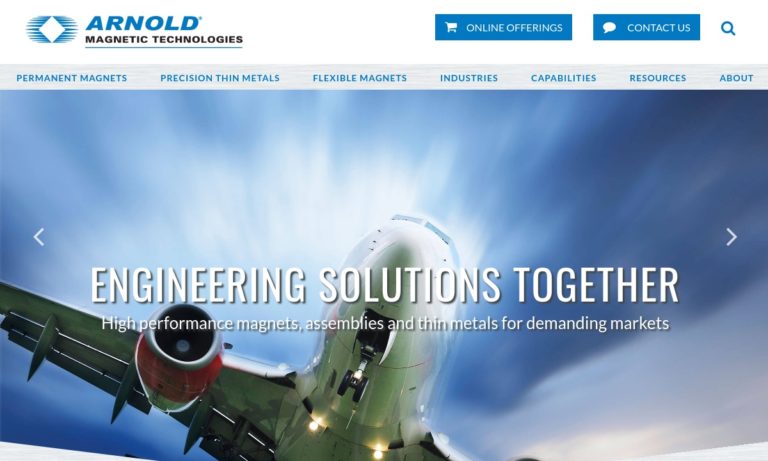
Our customers know they can trust us to provide them with the best magnets in the industry. We supply magnets from only the best manufacturers in the world. We will not offer substandard products or anything that is not the most cost-effective solution.
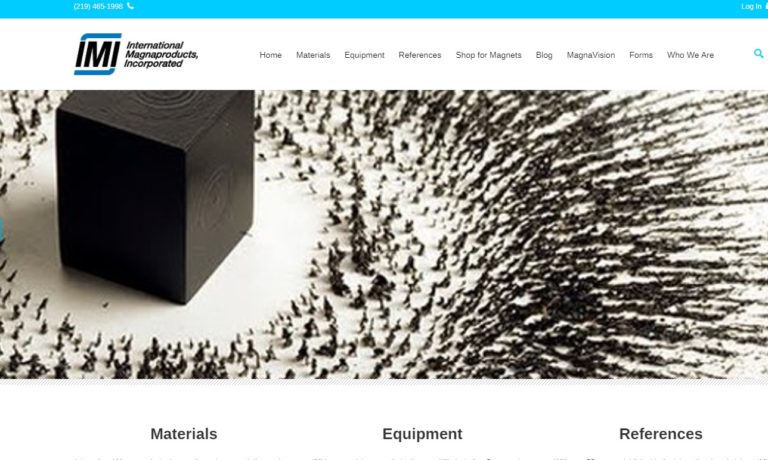
CMS Magnetics excels as a leading magnet supplier, offering a vast array of high-quality neodymium, hard ferrite, SmCo, and AlNiCo magnets. We also provide diverse magnetic assemblies like pot magnets, channel magnets, and magnetic lifters, tailored for various applications. Our commitment to excellence is backed by a 100% customer satisfaction guarantee and a money-back promise. We accept custom ...

Since 1942, Eriez has been specializing in separation technology for a variety of industries. Eriez designs, develops, and manufactures magnets and related products. Eriez has 8 locations addition to their headquarters in Pennsylvania, making it convenient to ship their products all over the world. With proper care, Eriez magnet products can last a lifetime and not lose strength. Eriez offers...
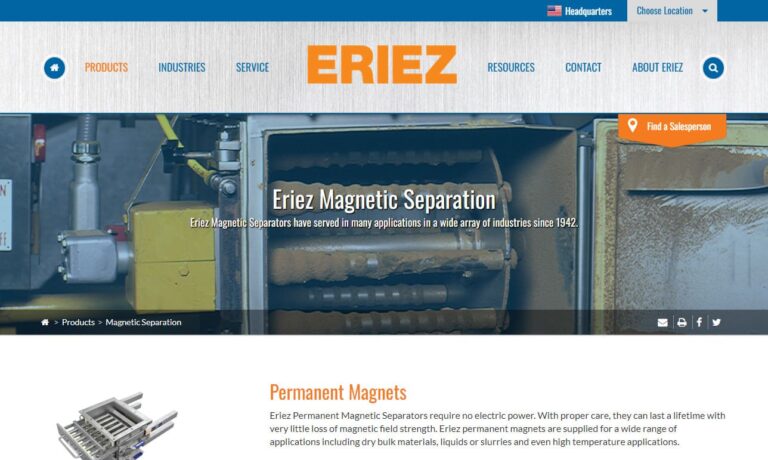
At TyTek Industries, we are experts in manufacturing magnetic components. Our magnetics catalog include magnetic assembly, alnico magnets, rare earth magnets, and many more. It is our team’s mission to always draw on our strengths and experience to ensure the very best service and quality for our customers. For more information, visit our website or call today!
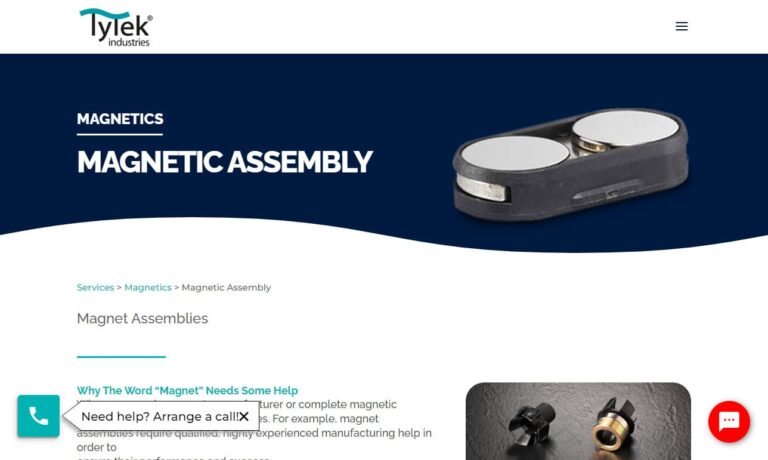
More Permanent Magnet Manufacturers
What are Permanent Magnets?
A permanent magnet is a material that has a magnetic field that is always present, even in the absence of an external magnetic field. This property makes them useful for a wide range of applications, from household appliances to medical devices. Permanent magnets are different from electromagnets, which require a flow of electric current to generate a magnetic field.
Magnetization and Creation of Permanent Magnets
Permanent magnets are created through a process called magnetization, where the magnetic domains of a material are aligned to produce a magnetic field. There are several processes for creating permanent magnets, each with their own advantages and disadvantages.
One of the most common processes is sintering, which involves compacting a powdered magnetic material, such as neodymium, into the desired shape and then heating it to a high temperature to fuse the particles together. This results in a strong and durable magnet with high magnetic properties.
Another process is bonded magnets, where a magnetic material, such as neodymium, is mixed with a polymer binder and then molded into the desired shape. This process allows for greater design flexibility and can produce magnets with complex shapes and sizes.
Injection molding is another process used to create permanent magnets, which involves injecting a magnetic material, such as ferrite, into a mold and then applying heat and pressure to produce the desired shape. This process is commonly used for producing small magnets for electronic devices.
Casting is a process where molten metal is poured into a mold and then cooled to produce a permanent magnet. This process is often used for producing magnets with complex shapes and sizes.
Considerations Regarding Permanent Magnets
Despite their many benefits, permanent magnets also have some considerations to take into account. One of the biggest concerns is their environmental impact. The production of neodymium, a common material used in permanent magnets, can lead to environmental pollution and habitat destruction. There are also potential health risks associated with exposure to strong magnetic fields, particularly for people with pacemakers or other medical devices.
Benefits of Permanent Magnets
Despite these concerns, permanent magnets offer numerous benefits. One of the biggest advantages is their energy efficiency. They are widely used in electric motors and generators, where they help to reduce energy consumption and increase efficiency. They are also durable and long-lasting, making them a cost-effective choice for many applications.
Applications of Permanent Magnets
Permanent magnets have a wide range of applications, including:
Industrial and Manufacturing
Permanent magnets are widely used in the industrial and manufacturing sector for a variety of applications. One of the most common uses is in electric motors and generators, where they are used to convert electrical energy into mechanical energy. Permanent magnets are a crucial component of electric motors, which are used to power electric vehicles. Specifically, permanent magnet synchronous motors (PMSMs) use fixed permanent magnets on the rotor and electromagnets on the stator to create rotational motion. PMSMs are highly efficient and offer a high power-to-weight ratio and high torque density, making them well-suited for electric vehicle applications. In addition to electric vehicles, PMSMs are used in a variety of other applications, and the demand for permanent magnets is expected to continue to grow. Other industrial and manufacturing applications include magnetic separators, which are used to separate magnetic materials from non-magnetic ones, magnetic bearings, which are used in high-speed machinery to reduce friction, and magnetic lifters, which are used to lift heavy objects.
Medical
Permanent magnets are also widely used in the medical field, particularly in magnetic resonance imaging (MRI) machines. In an MRI, the strong magnetic field produced by a permanent magnet is used to align the magnetic moments of hydrogen atoms in the body, which can then be detected and used to produce detailed images of internal organs and tissues. Permanent magnets are also used in magnetic drug delivery systems, which use magnetic fields to guide drugs to specific areas of the body.
Electronics
Permanent magnets are used in a variety of electronic devices, including hard disk drives, loudspeakers, and magnetic sensors. In a hard disk drive, the magnet is used to write and read data from the disk, while in a loudspeaker, the magnet is used to produce sound by vibrating a diaphragm. Magnetic sensors, which are used in a variety of applications including automotive sensors and security systems, use the magnetic field of a permanent magnet to detect changes in position or movement.
Renewable Energy
Permanent magnets are used in a variety of renewable energy applications, including wind turbines, hydroelectric generators, and tidal generators. In a wind turbine, the permanent magnet is used to produce electricity by converting the kinetic energy of the wind into mechanical energy, which is then converted into electrical energy. In a hydroelectric generator, the permanent magnet is used to produce electricity by converting the potential energy of falling water into mechanical energy and then into electrical energy. Similarly, in a tidal generator, the energy of the tides is used to generate electricity through the use of permanent magnets.
Choosing the Right Permanent Magnet Supplier
To ensure you have the most positive outcome when purchasing permanent magnets from a permanent magnet supplier, it is important to compare several companies using our directory of permanent magnet suppliers. Each permanent magnet supplier has a business profile page highlighting their areas of experience and capabilities, along with a contact form to directly communicate with the supplier for more information or to request a quote. Review each permanent magnet business website using our patented website previewer to quickly learn what each company specializes in. Then, use our simple RFQ form to contact multiple permanent magnet companies with the same form.

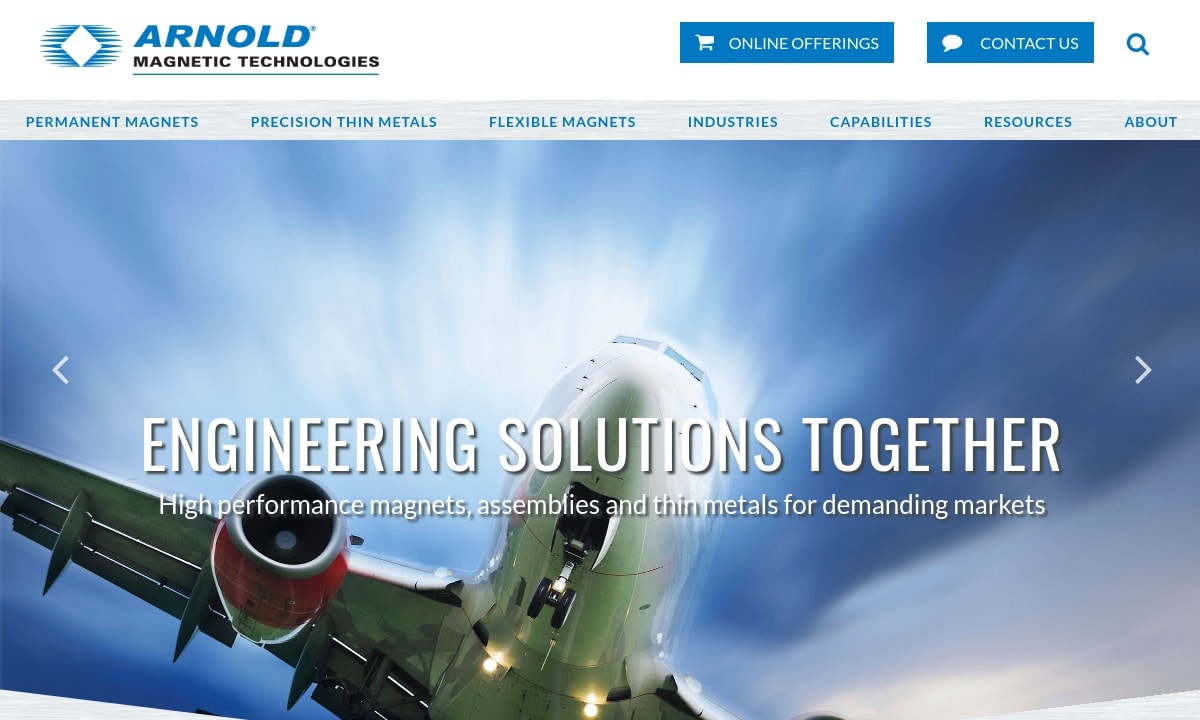


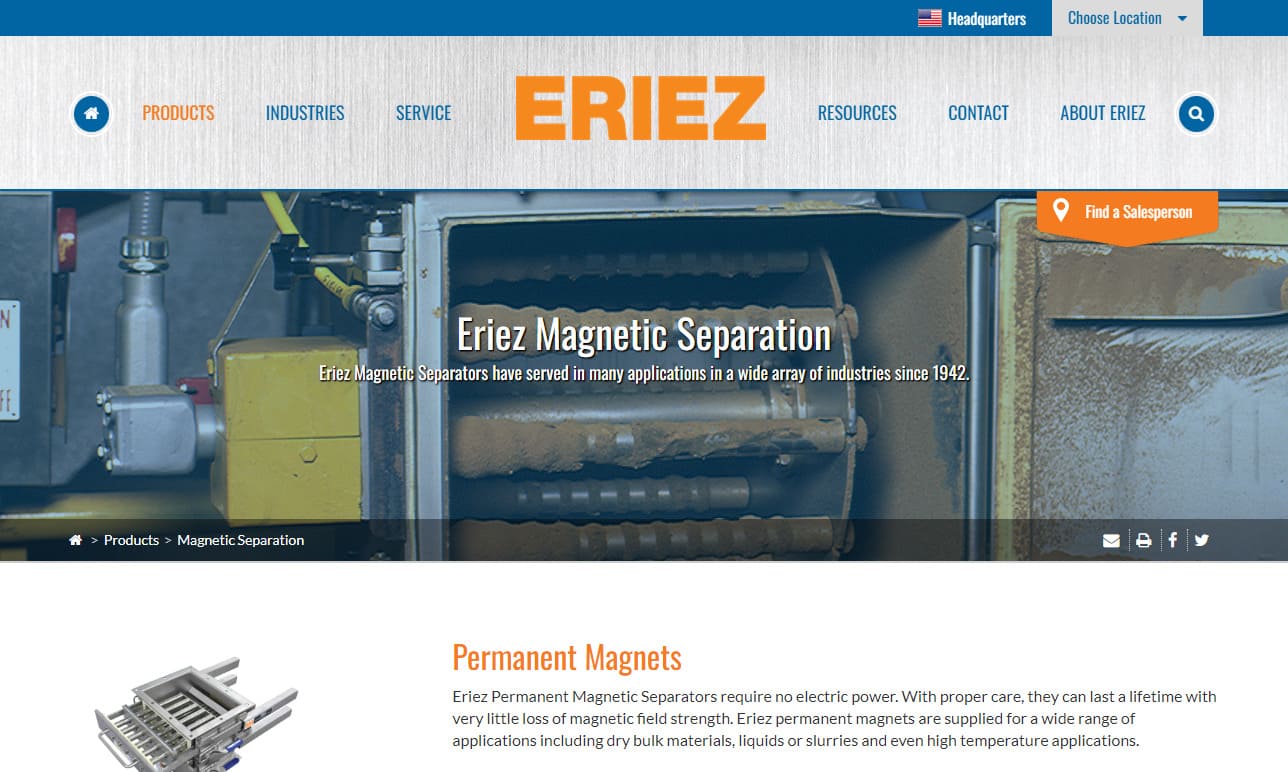
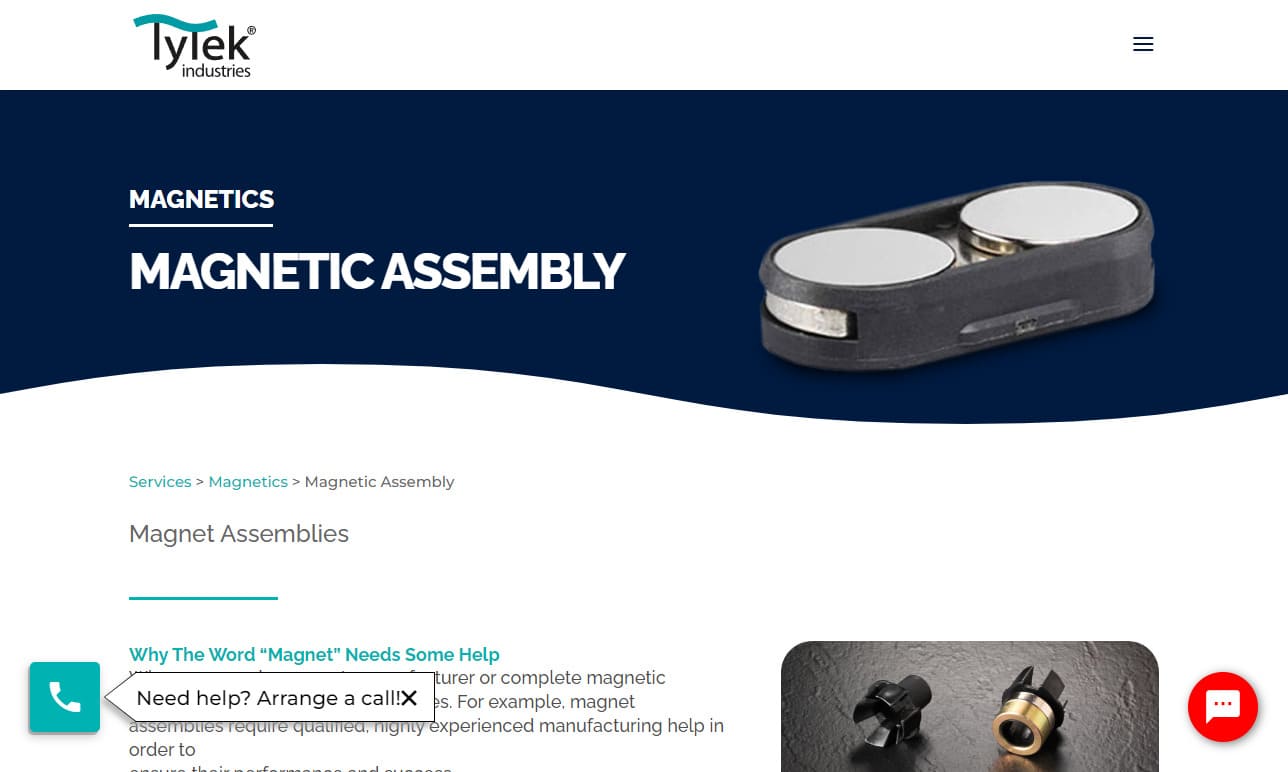
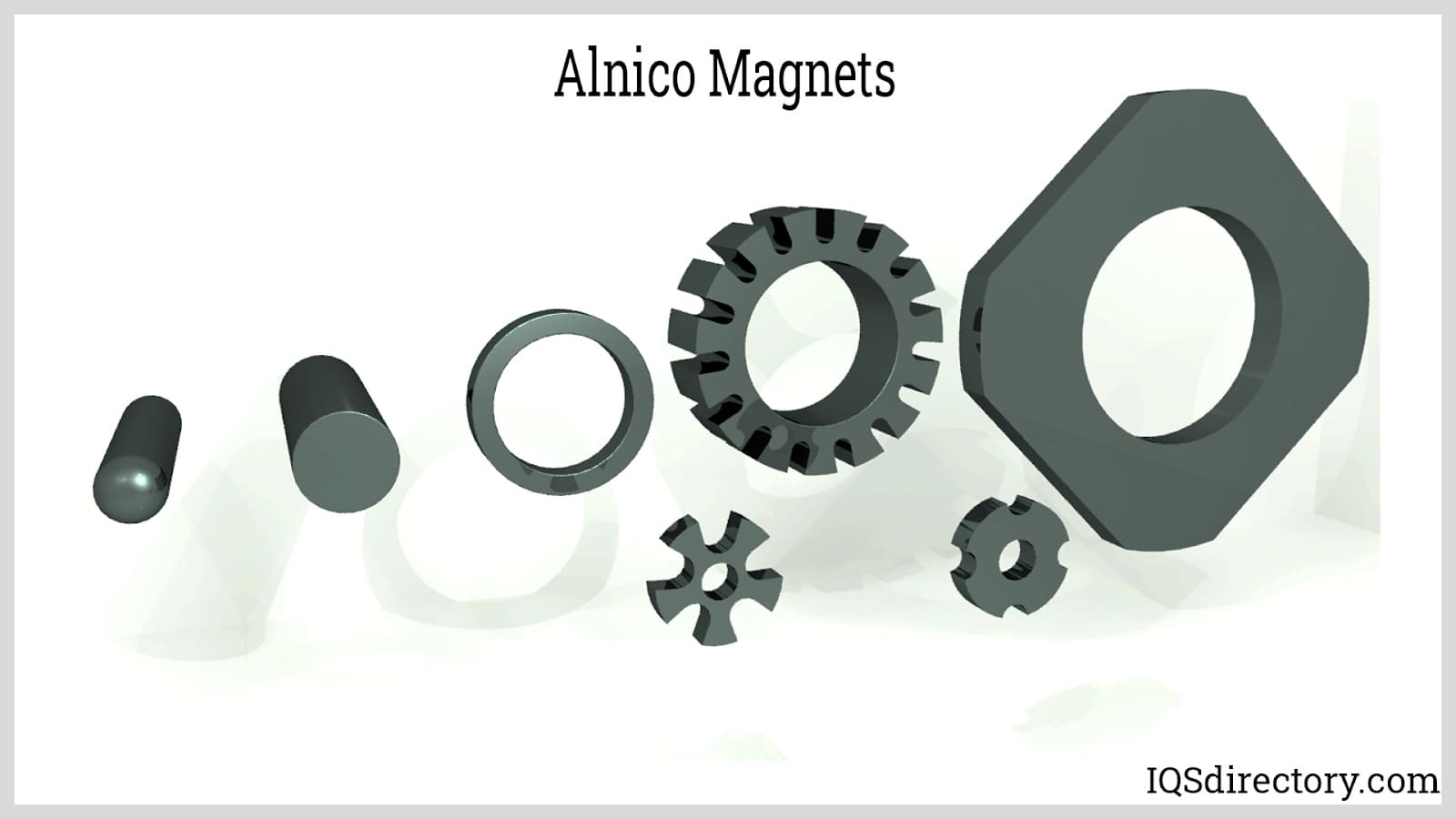
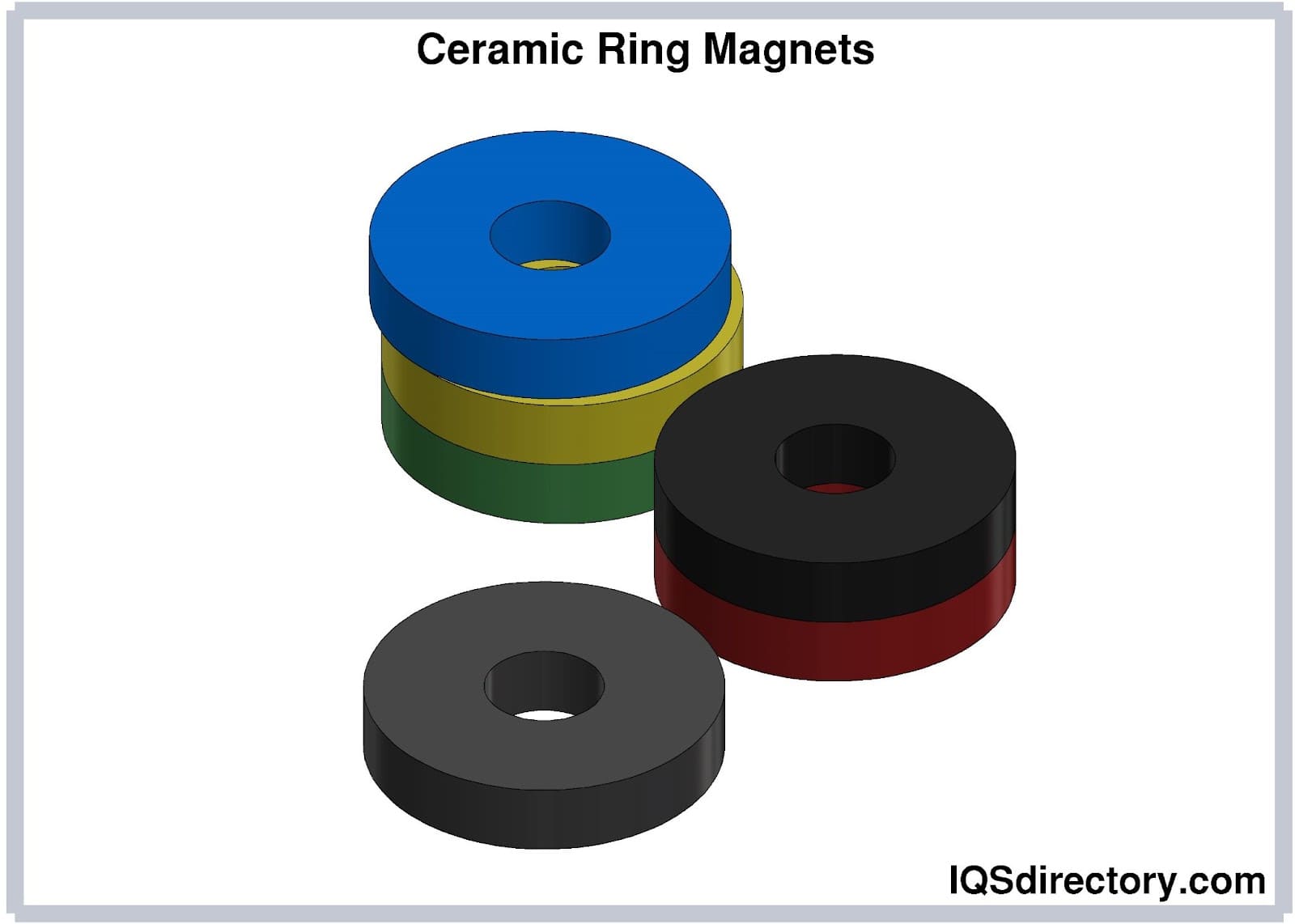
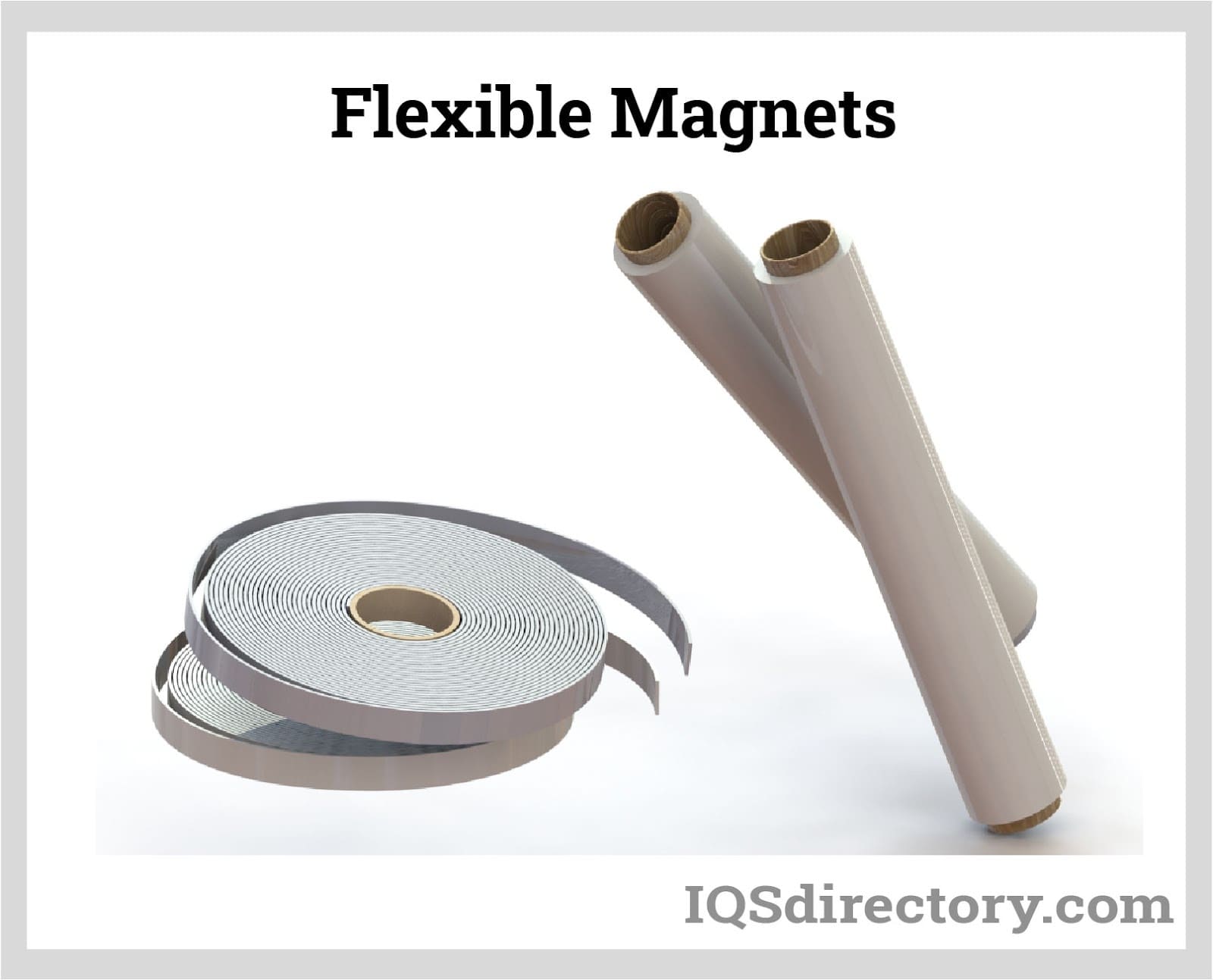

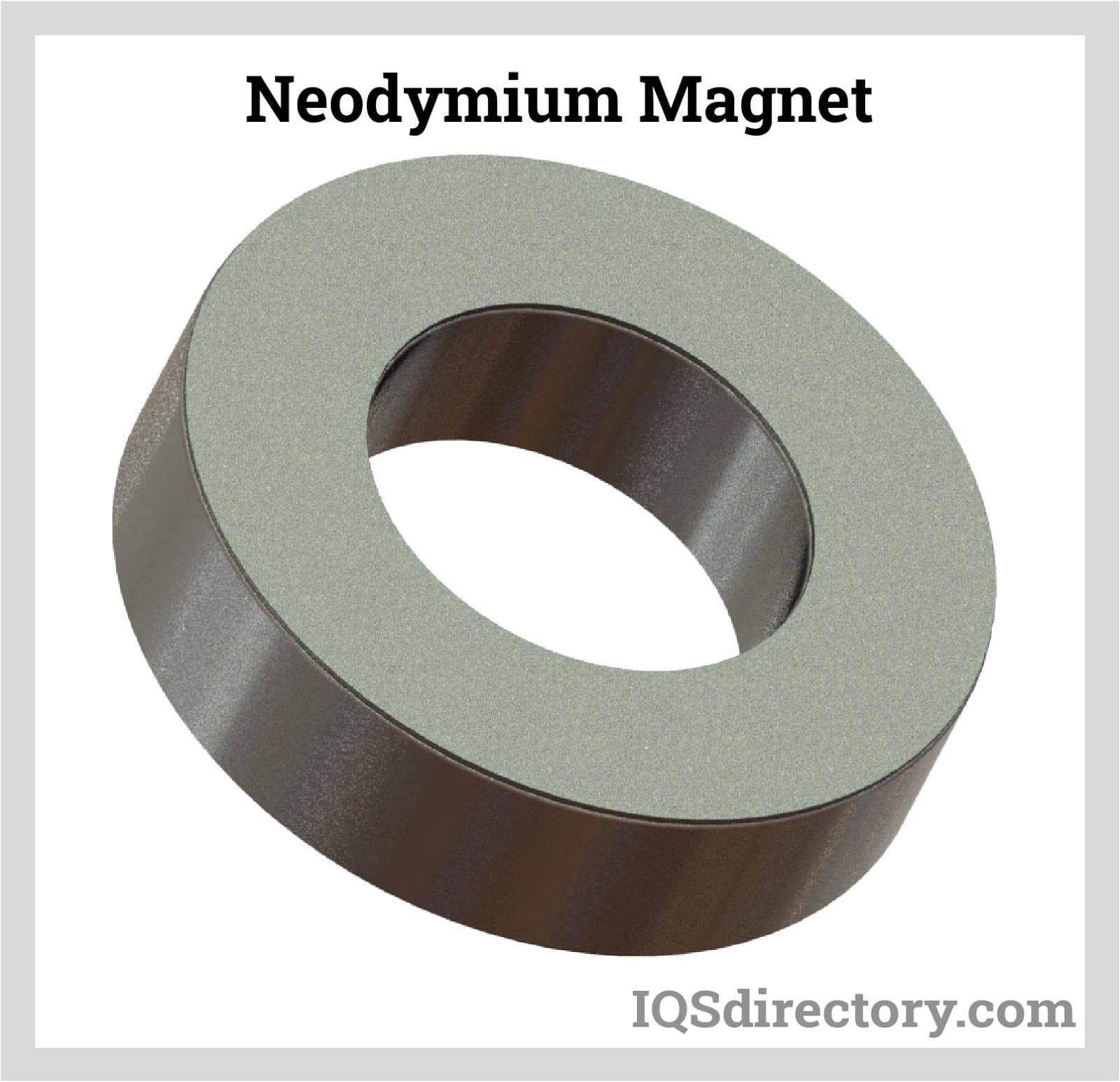
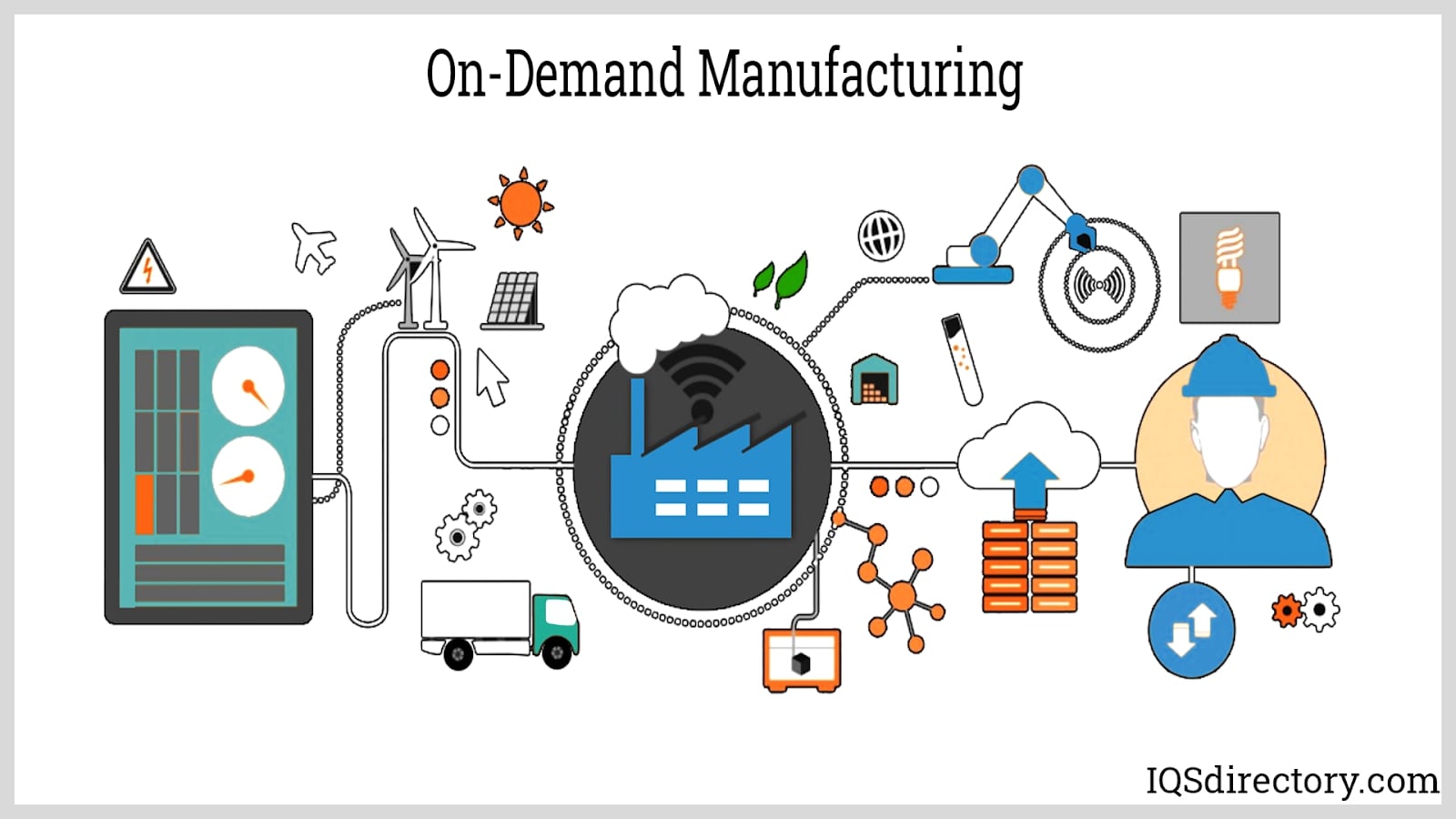
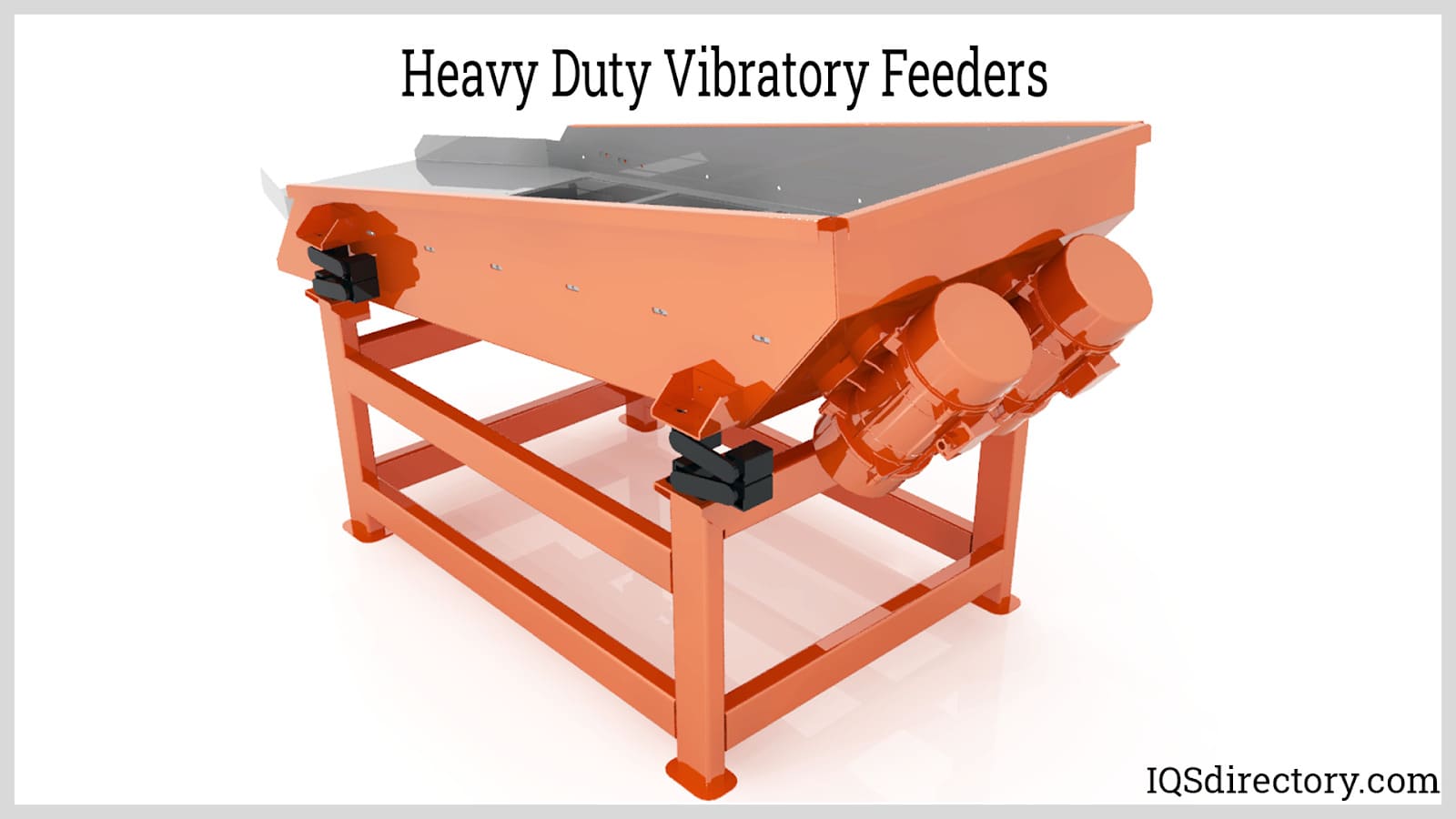
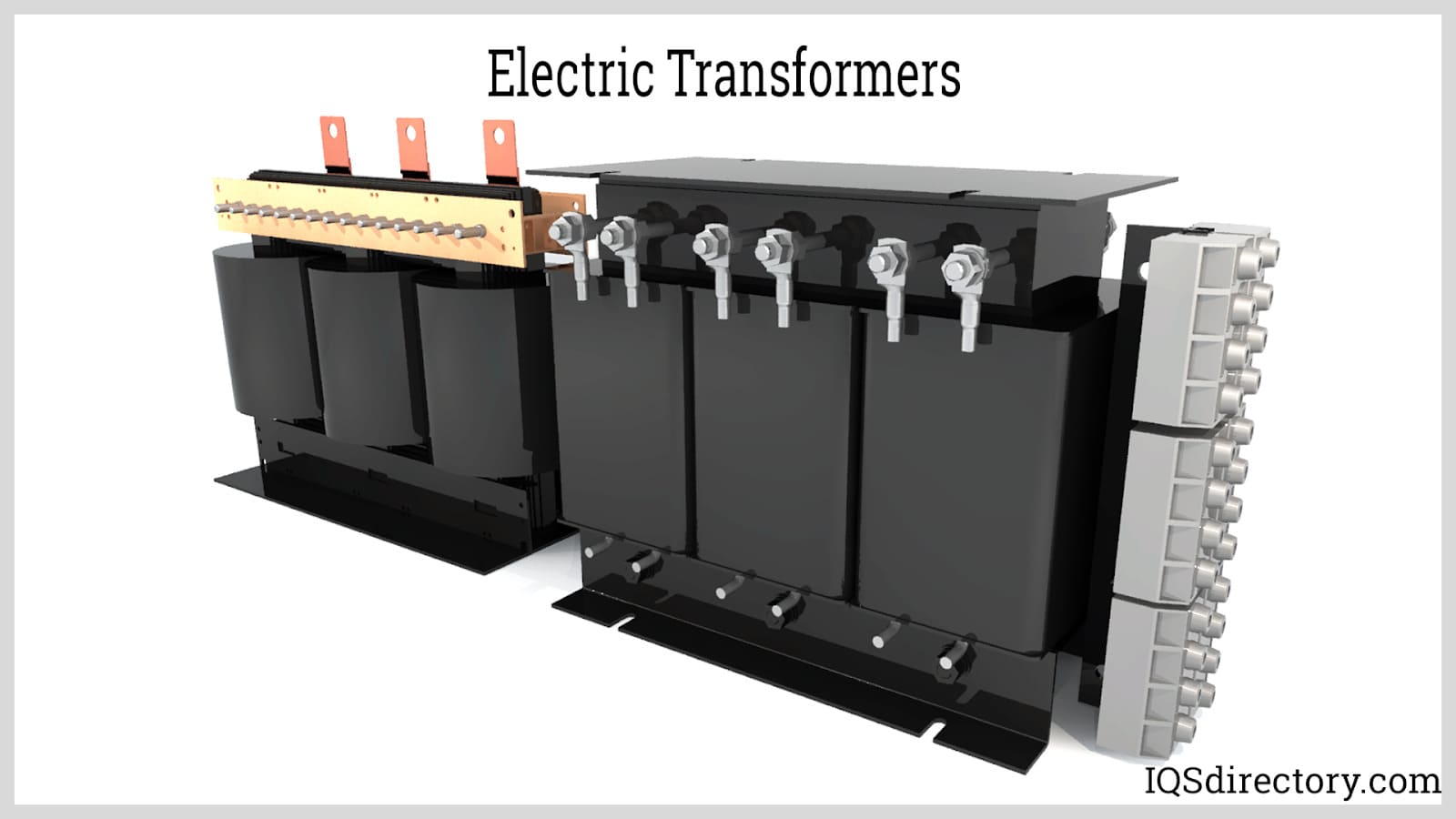
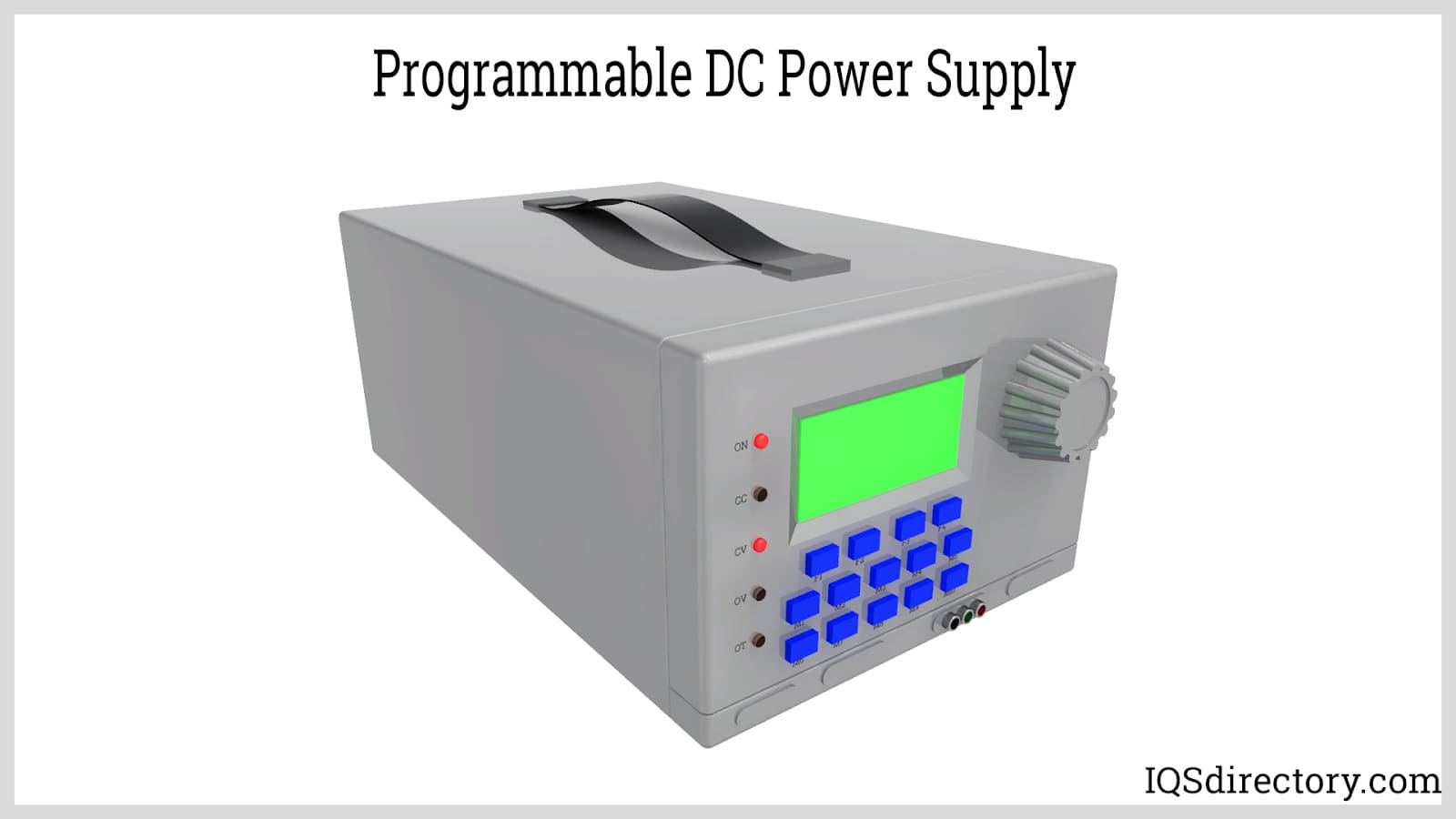
 Alloy Suppliers
Alloy Suppliers Aluminum
Aluminum Aluminum Extrusions
Aluminum Extrusions Copper-Brass-Bronze
Copper-Brass-Bronze Magnets
Magnets Nickel
Nickel Stainless Steel
Stainless Steel Stainless Steel Tubing
Stainless Steel Tubing Steel Service Centers
Steel Service Centers Titanium
Titanium Tungsten
Tungsten Wire Rope
Wire Rope Castings & Forgings
Castings & Forgings Bulk Material Handling
Bulk Material Handling Electrical & Electronic Components
Electrical & Electronic Components Flow Instrumentation
Flow Instrumentation Hardware
Hardware Material Handling Equipment
Material Handling Equipment Metal Cutting Services
Metal Cutting Services Metal Forming Services
Metal Forming Services Metal Suppliers
Metal Suppliers Motion Control Products
Motion Control Products Plant & Facility Equipment
Plant & Facility Equipment Plant & Facility Supplies
Plant & Facility Supplies Plastic Molding Processes
Plastic Molding Processes Pumps & Valves
Pumps & Valves Recycling Equipment
Recycling Equipment Rubber Products & Services
Rubber Products & Services